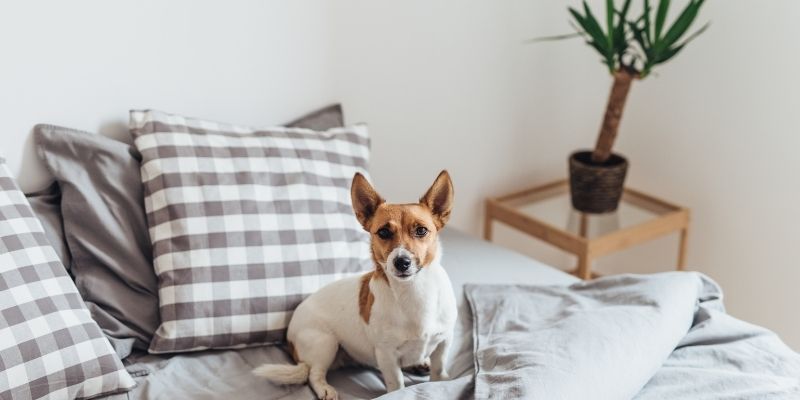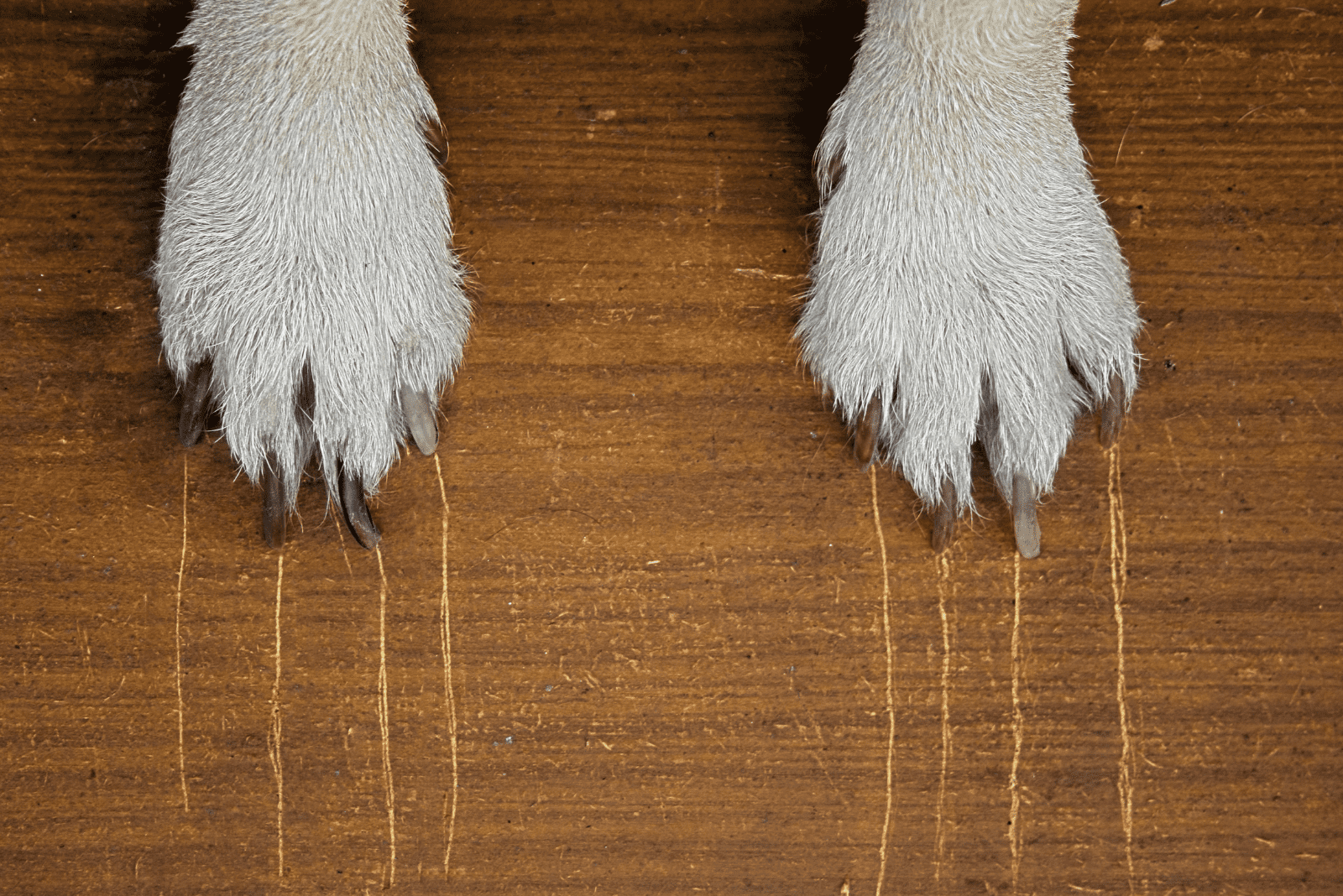Don’t miss this Why Do Dogs Scratch Their Butt On The Floor article containing the interesting information you’re looking for, all carefully summarized by us.

Why Do Dogs Scratch Their Butt on the Floor?
Have you ever wondered why your furry friend scratches their bottom on the carpet or floor? This common behavior, known as “scooting,” can be a sign of various underlying issues. In this article, we’ll delve into the possible causes of scooting and provide insights on how to address this behavior.
Before delving into the reasons behind scooting, it’s important to rule out any medical conditions that may be causing discomfort. If your dog is scooting excessively or there are other accompanying symptoms (e.g., pain, swelling), it’s crucial to consult your veterinarian promptly.
Causes of Scooting in Dogs
1. Anal Sac Issues
Dogs have two small glands on either side of their anus that secrete a foul-smelling liquid. These glands are naturally expressed during bowel movements, but sometimes they can become blocked or impacted, leading to pain and discomfort. As a result, dogs may resort to scooting to relieve the pressure and irritation caused by the impacted anal sacs.
2. Allergies
Dogs can experience various allergies that manifest as skin irritation, itching, and discomfort. This can lead to excessive scooting as the dog tries to alleviate the itching caused by the allergic response.
3. Internal Parasites
Intestinal parasites, such as roundworms or hookworms, can cause anal irritation and intense itching in dogs. This discomfort can prompt them to engage in scooting as a way of finding relief from the parasite-induced irritation.
4. Skin Infections
Bacterial or yeast infections in the dog’s anal area can cause intense itching and discomfort. In such cases, scooting is a common behavior as dogs try to soothe the affected area.
5. Impacted Hair or Feces
Occasionally, long-haired dogs may experience matted hair or attached feces around the anus, which can cause irritation and discomfort. This can also lead to scooting as the dog tries to remove the foreign material.
Trends and Developments Related to Dog Scooting
Recent veterinary research has shed light on new developments and trends related to dog scooting. Studies have shown an increase in the incidence of allergies, particularly food allergies, as a cause of scooting in dogs.
Additionally, advancements in veterinary medicine have led to the development of more effective medications and treatments for anal sac issues and skin infections. These innovative therapies have significantly improved the outcomes and comfort levels of dogs affected by these conditions.
Tips and Expert Advice for Dealing with Dog Scooting
If your dog is engaging in excessive scooting, here are some tips and expert advice to help you address the issue effectively:
- Regular veterinary checkups: Schedule regular checkups with your veterinarian to ensure your dog’s overall health and to rule out any underlying medical conditions that may be contributing to scooting.
- Diet evaluation: If allergies are suspected, your veterinarian may recommend a hypoallergenic diet to identify and eliminate potential allergens.
- Antifungal or antibacterial medications: For dogs with skin infections, your veterinarian may prescribe topical or oral medications to combat the infection and alleviate the discomfort caused by itching.
- Anal gland expression: If the scooting is caused by impacted anal sacs, your veterinarian may manually express the glands to relieve pressure and discomfort.
- Home treatments: For minor cases of scooting caused by impacted hair or feces, you can gently clean the affected area with warm water and a mild soap and then brush away any matted hair.
Frequently Asked Questions (FAQs) About Dog Scooting
-
Q: Is dog scooting a serious issue?
A: Scooting can be a sign of an underlying medical condition, so it’s important to consult your veterinarian to determine the cause and appropriate treatment.
-
Q: What are the most common causes of dog scooting?
A: The most common causes include anal sac issues, allergies, internal parasites, skin infections, and impacted hair or feces.
-
Q: How can I prevent my dog from scooting?
A: Regular veterinary checkups, a healthy diet, parasite prevention, and good hygiene practices can help reduce the risk of scooting.
Conclusion
Dog scooting is a common behavior that can be caused by various factors. Understanding the underlying cause and addressing it appropriately is crucial for the health and well-being of your furry companion.
If you observe your dog engaging in excessive scooting, don’t hesitate to consult your veterinarian. Together, you can determine the root cause and implement the necessary measures to alleviate discomfort and restore your dog’s comfort and happiness. Remember, a healthy and happy dog is a blessing!
Would you like to learn more about dog scooting or have any specific questions? Please feel free to reach out to your veterinarian or trusted pet care resources for further information and support.

Image: www.pupvine.com
You have read Why Do Dogs Scratch Their Butt On The Floor on our site. Thank you for your visit, and we hope this article is beneficial for you.